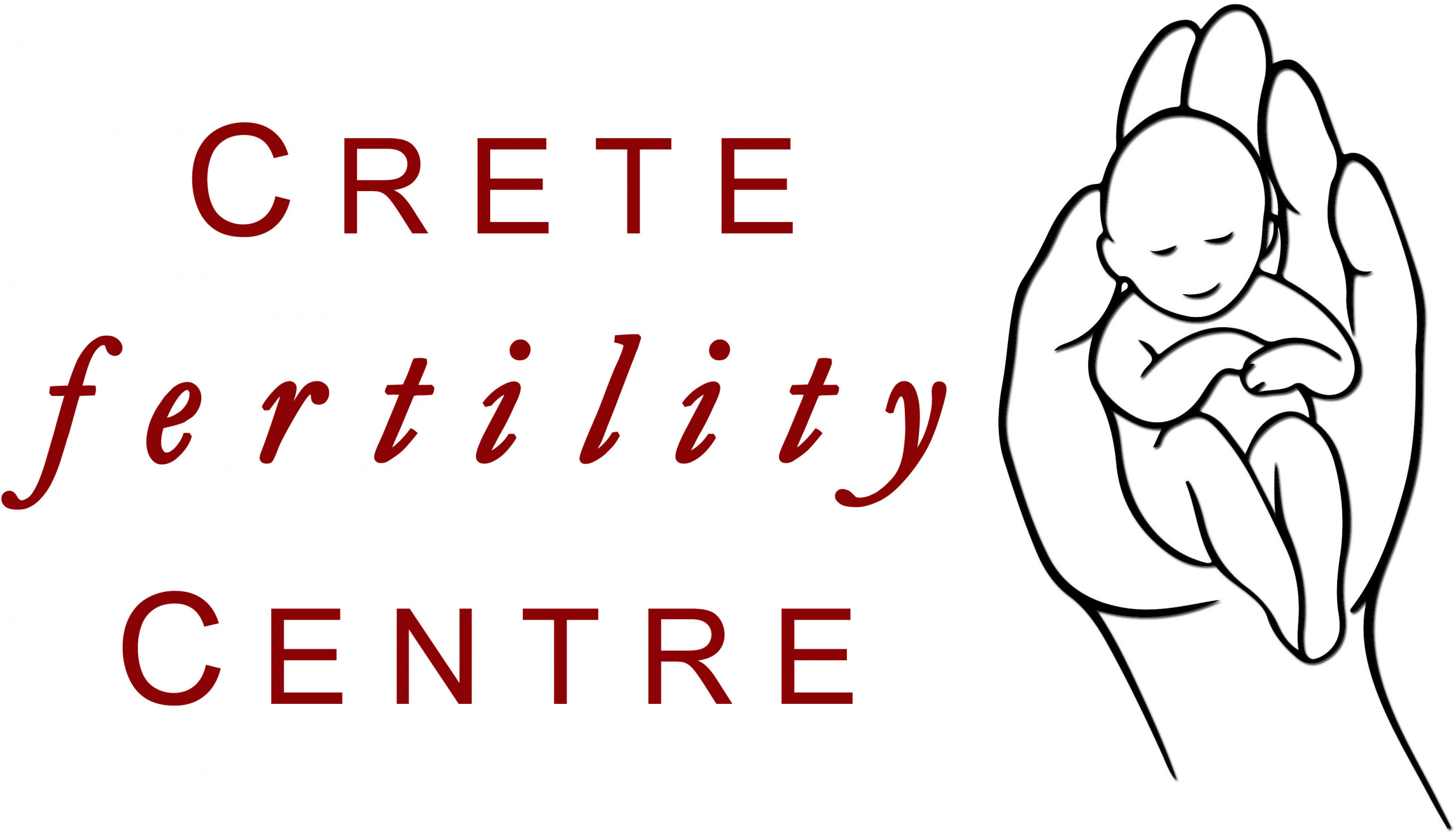What Effect Does Age Have on Fertility?

What impact does a woman’s age have on her capacity to conceive and maintain a pregnancy?
One of the key determinants of a woman’s ability to conceive and give birth to a healthy child is her age. This is brought on by a number of alterations that come with aging, including:
As a woman gets older and enters menopause, her ovarian reserve, or the quantity and quality of her eggs, naturally and gradually decreases. Until she is in her early 30s, this decrease happens gradually, but after that, it happens swiftly.
In addition to being more challenging to conceive, older mothers are also more likely to experience miscarriage and have children with genetic abnormalities (such Down syndrome).
The prevalence of fibroids, endometriosis, and tubal illness can all impact fertility.
The risk of pregnancy problems including gestational diabetes and preeclampsia is increased in women who fall pregnant later in life.
What impact does a man’s age have on his capacity to get pregnant?
Men’s fertility seems to decline later in life than women’s than vice versa. Men’s sperm alterations in their mid- to late-40s can affect fertility and result in children having chromosomal or developmental abnormalities.
When should I begin posing inquiries?
If after a year of trying a couple has not been successful in becoming pregnant, they should request a fertility evaluation (unprotected intercourse). If a couple has been trying to conceive for more than six months without success but the woman is above 35, they should get evaluated.
What additional factors might affect my fertility?
If you possess any of the risk indicators listed below, you might think about getting help earlier than suggested above:
- Early menopause in the mother’s or sister’s family history (before age 51)
- Both partners have a history of smoking cigarettes.
- Surgery on the ovary before
- Exposure to radiation or chemotherapy for either partner’s cancer
- Decreasing the intervals between periods
- Periods missed or skipped
- Past history of testicular injuries
- Exposure to harmful substances (certain pesticides or solvents)
A couple should start the infertility evaluation right away if they have a clear medical issue that is interfering with their ability to conceive, such as irregular or absent periods (amenorrhea), sexual dysfunction, a history of pelvic disease, or past surgery.
How do they measure the reserve of my ovaries?
Follicle-stimulating hormone (FSH) or antimüllerian hormone (AMH) blood tests can be used to determine the quantity and quality of your eggs (ovarian reserve). The number of follicles can occasionally be counted using an ultrasound (antral follicle count [AFC]). There is no one test that accurately assesses ovarian reserve.
How can they determine my sperm’s quantity and quality?
Semen analysis involves examining a man’s ejaculate to count, shape, and move the sperm.
Is it possible to delay or prevent the aging of the reproductive system?
No. However, living a healthy lifestyle that is low in stress, eating well, working out frequently, getting enough sleep, and quitting smoking can all help you feel better overall. According to studies, stress, food, and smoking may all affect the quality of eggs and sperm as well as hasten the menopause. Improved health can not, however, compensate for the natural age-related loss in female fertility, which can occur considerably sooner than most women anticipate, even while we make every attempt to slow down or reverse the process.
Sperm are continually produced and mature in around three months. Within a few months, changes in exposure and way of life can be seen in the quality of sperm. Women are born with all of their eggs, unlike men, hence there are no procedures or treatments to increase the number of eggs, produce new eggs, or maintain the quality of the eggs already present. As a result, f Even if you are not considering becoming pregnant right away, it is vital to discuss family planning with a healthcare professional. This may lessen the likelihood of future problems.
Is there a medical way to increase my fertility?
Yes. The likelihood of conception can be increased with the use of medical procedures. The goal is to combine the egg and sperm at the ideal time for conception to take place. In vitro fertilization (IVF), intrauterine insemination (IUI), “washing” sperm, and using fertility drugs are a few examples of these techniques. These methods might be beneficial, but they can’t stop the egg’s or sperm’s natural aging process.





